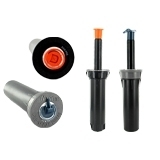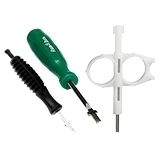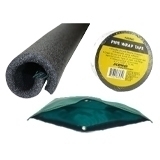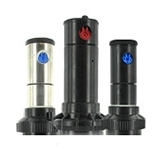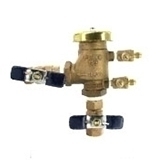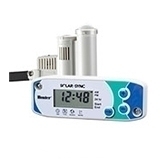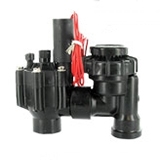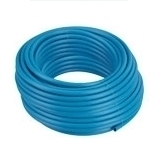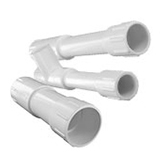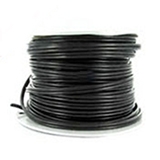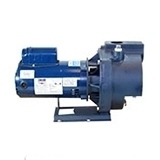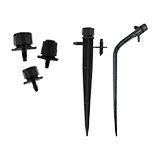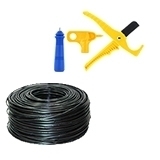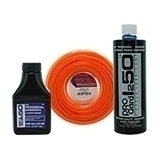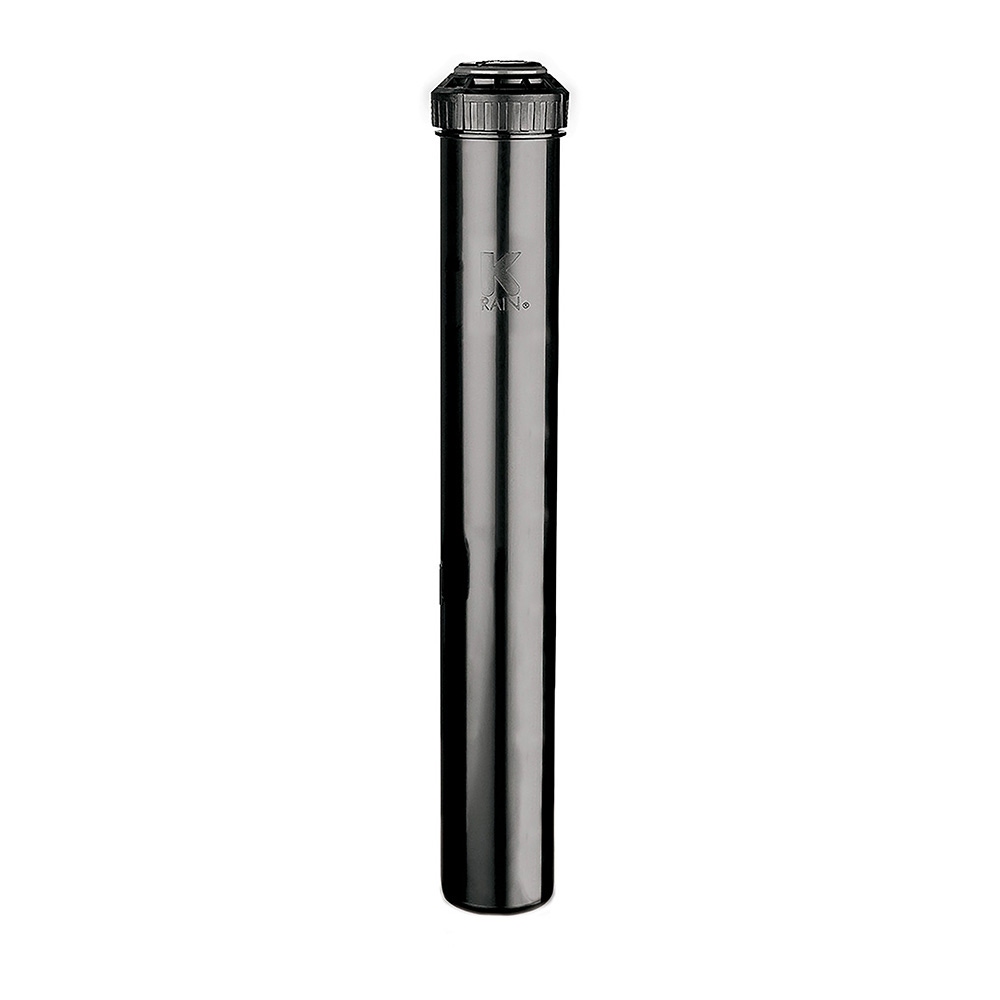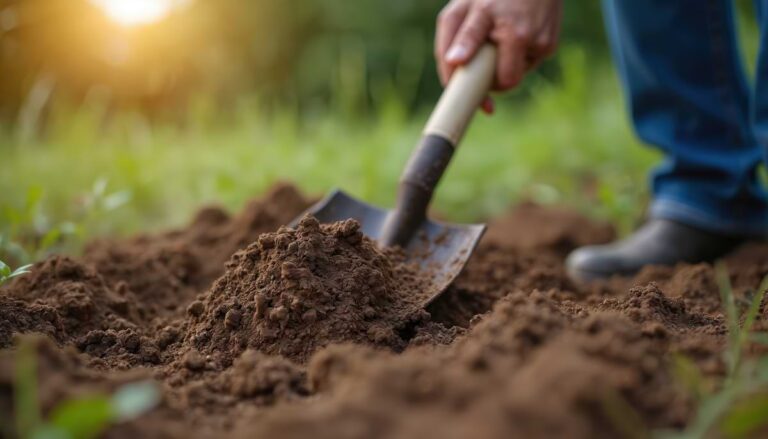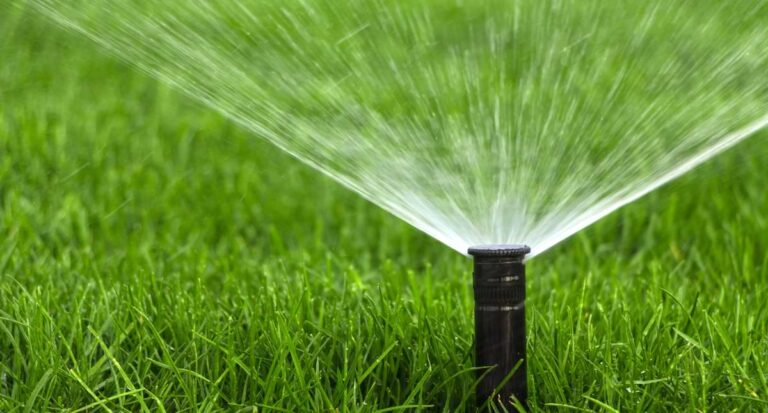Defining The Pressure Regulator Emitter
While shopping for emitters for your drip irrigation system, you will notice that some are labeled as pressure compensating emitters, while others are not. So now you have to wonder if this is an important difference, and if so, which type do you need? Shop Emitters, Pressure Regulators, Tubing, Kits, and more!
Manufacturers may claim that their emitter is a pressure-compensating one. However, a true pressure compensating emitter is intended to release water at a uniform rate. Manufacturers are true to a point since all emitters, by design, will regulate pressure to some degree.
This uniformity will be reliable even under a wide range of available water pressures. Most emitters that meet this standard will involve the use of a rubber diaphragm. This will probably not be evident without actually cutting an emitter open and taking a look at it. An easier solution, though perhaps not as reliable, is to study the emitter’s specifications. If these show a fairly steady water flow rate at differing PSI levels, the emitter is probably a pressure-compensating one.
Some professionals believe that pressure-compensating emitters are a better choice. This is because they allow the same amount of water to be delivered all along the line, regardless of the placement of the emitter or the length of the tubing.
However, there are generally only two conditions under which you should consider pressure compensating emitters a requirement.
When Is A Pressure Regulating Emitter Required?
1. When the elevation of the irrigation area varies by more than five feet.
- They are helpful for a system that is installed on a slope or through a low-lying area.
2. When you want to extend a system design past its standard limitations. This includes using longer drip tubing or adding more emitters to one line.
- Although this is not a good idea, the use of pressure-compensating emitters will maintain a more effective system.

If you wish to use pressure compensating emitters in all areas of your drip irrigation system, it will usually be okay. Your wallet will just take a bigger hit. However, there is one exception. Pressure compensating emitters are not compatible with very low water pressure systems, such as gravity flow drip systems, and often will not work at all. So it is best to avoid them in those situations.



